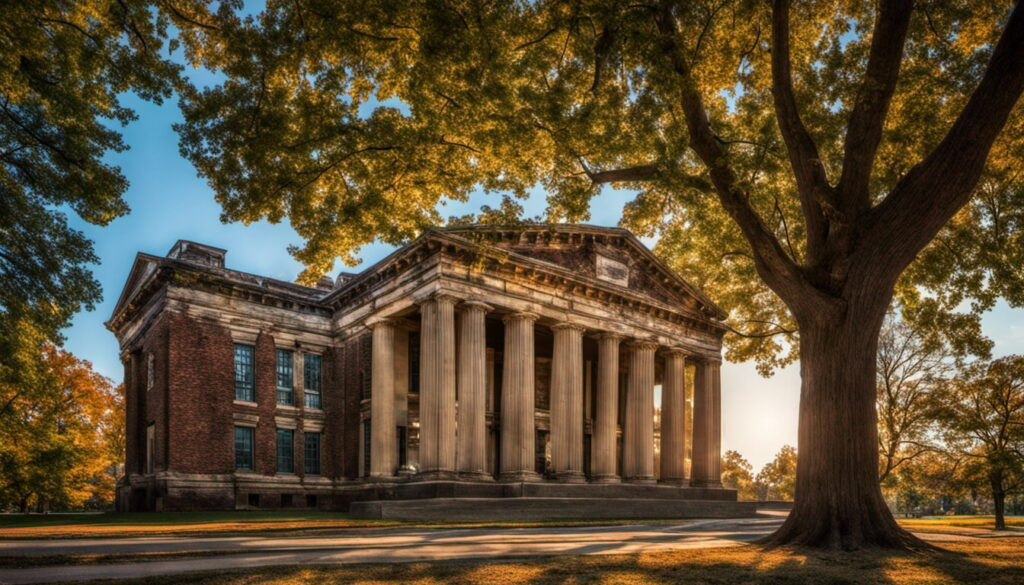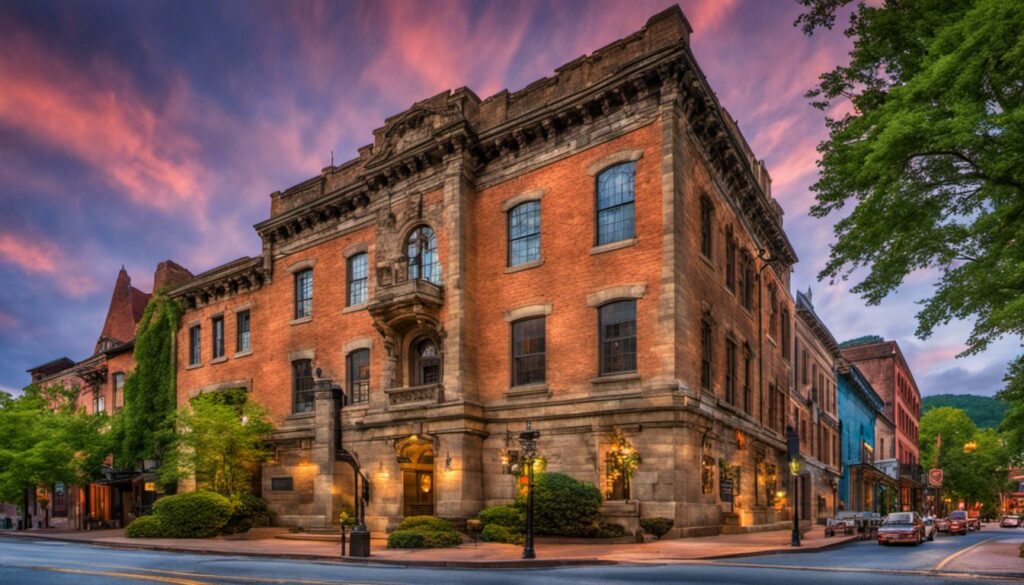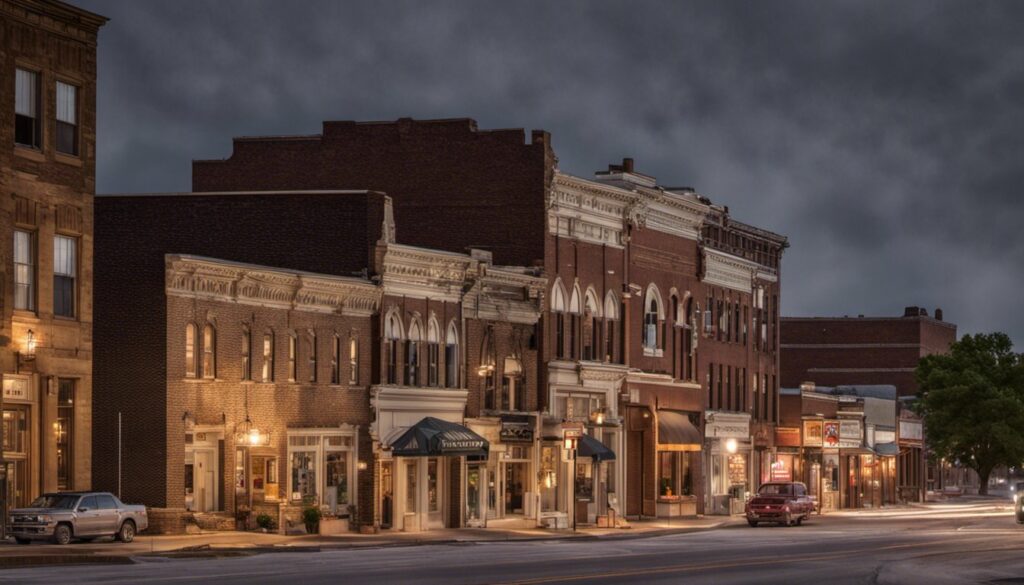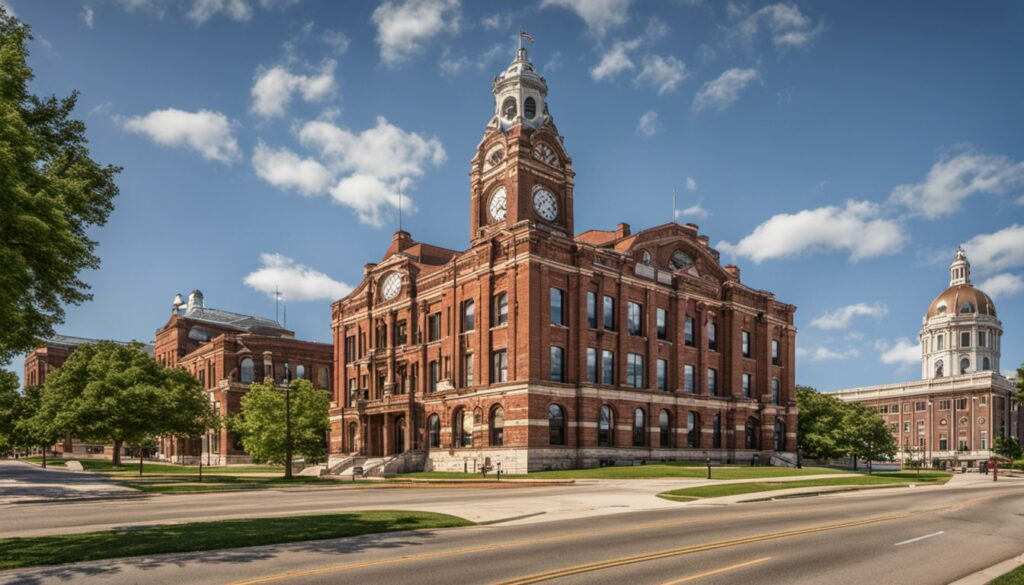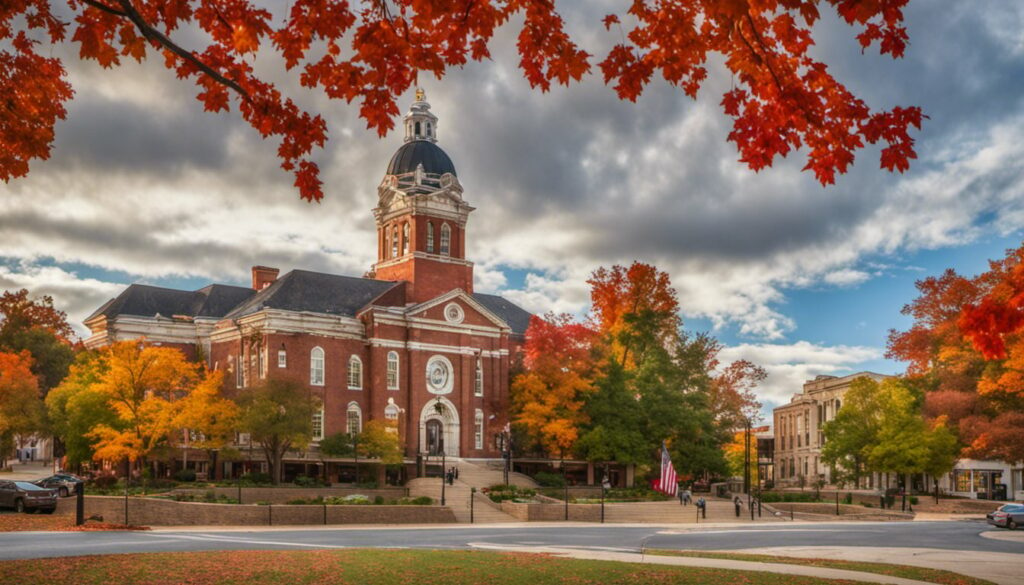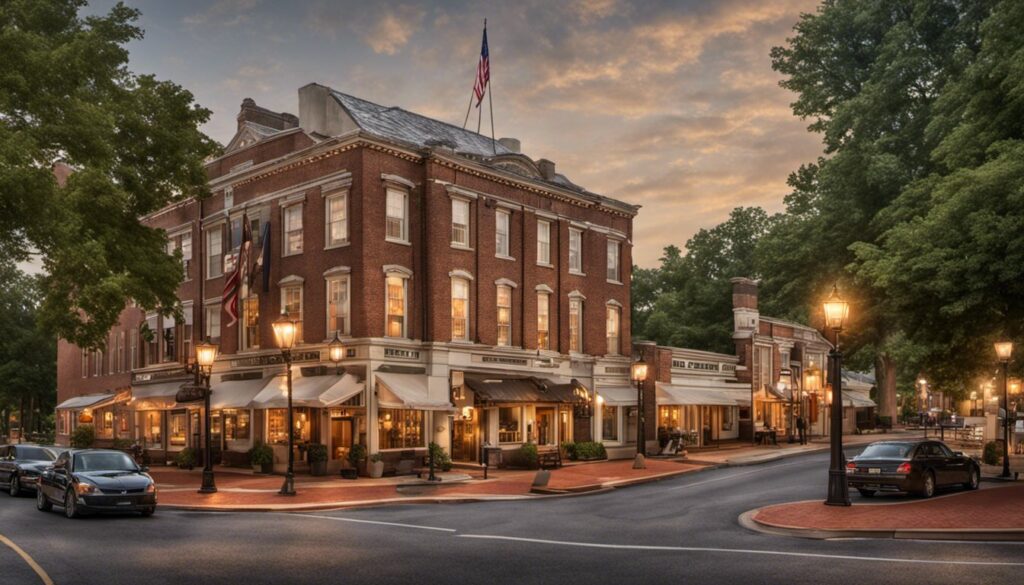Table Of Content
Explore Memphis: A Listicle of Historical Sites and Famous Landmarks
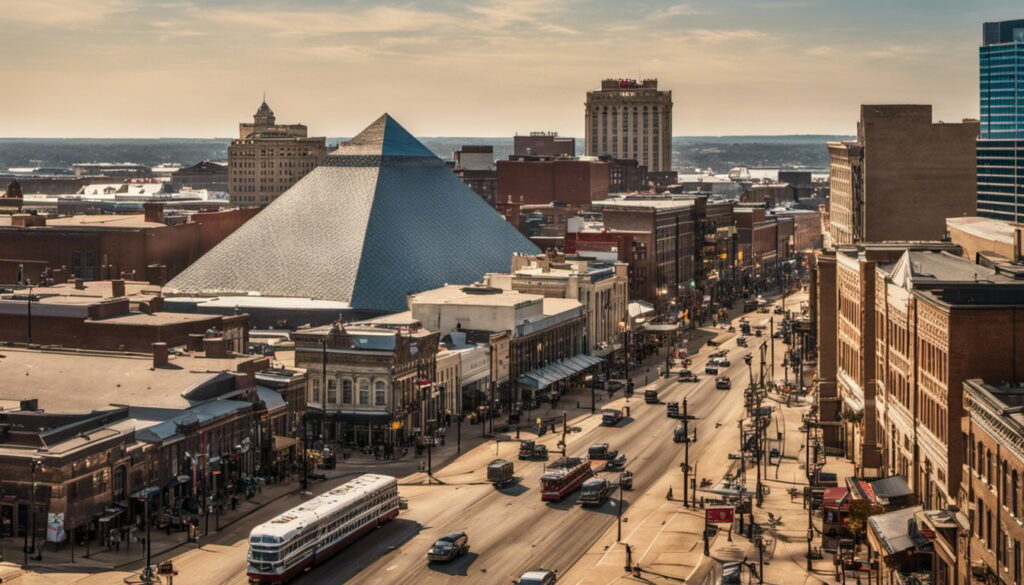
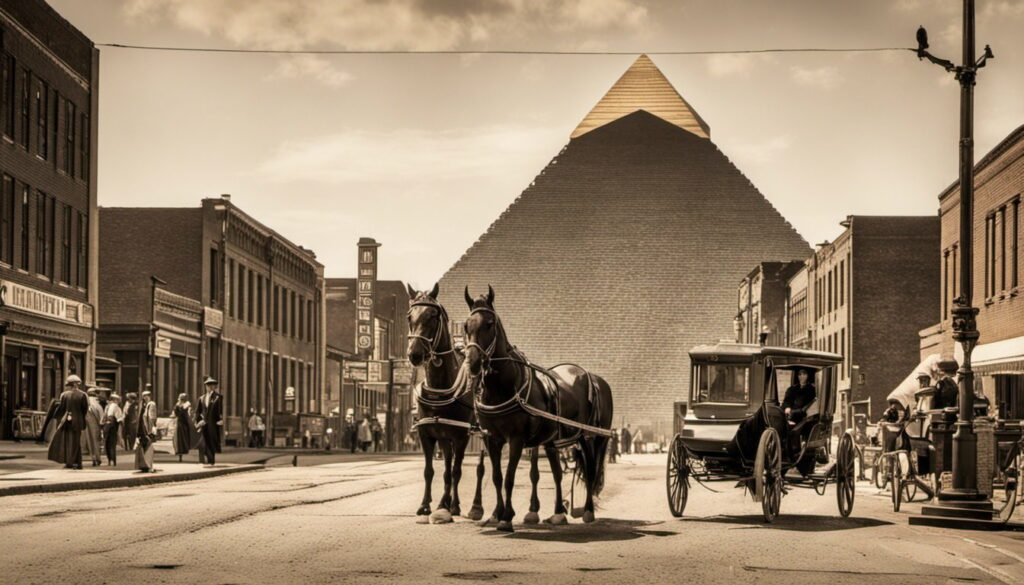
Are you planning a trip to Memphis, Tennessee? As the birthplace of rock and soul, Memphis is full of history and culture. From famous landmarks to museums and artifacts, there is no shortage of things to see and do in this vibrant city. In this article, we will explore the top historical sites and famous landmarks in Memphis that you won’t want to miss.
Memphis is known for its rich history, and there is no shortage of historic landmarks to explore. From the Victorian Village Historic District to the Woodruff-Fontaine House Museum, you can step back in time and experience the grandeur of the past. If you’re a history buff, you won’t want to miss the Cotton Museum at the Memphis Cotton Exchange or the Mud Island River Park, where you can learn about the city’s relationship with the Mississippi River.
Of course, no trip to Memphis would be complete without exploring the legacy of Elvis Presley. From Graceland to the Memphis Music Hall of Fame, there are plenty of opportunities to learn about the King of Rock and Roll and his impact on the music industry. Whether you’re a music lover or a history buff, Memphis has something for everyone.
Key Takeaways
- Memphis is full of history and culture, making it a must-visit destination for anyone interested in exploring the past.
- From historic landmarks to museums and artifacts, there is no shortage of things to see and do in Memphis.
- The legacy of Elvis Presley is a major part of Memphis’ cultural heritage, and there are plenty of opportunities to learn about his life and impact on the music industry.
The Birthplace of Rock and Soul
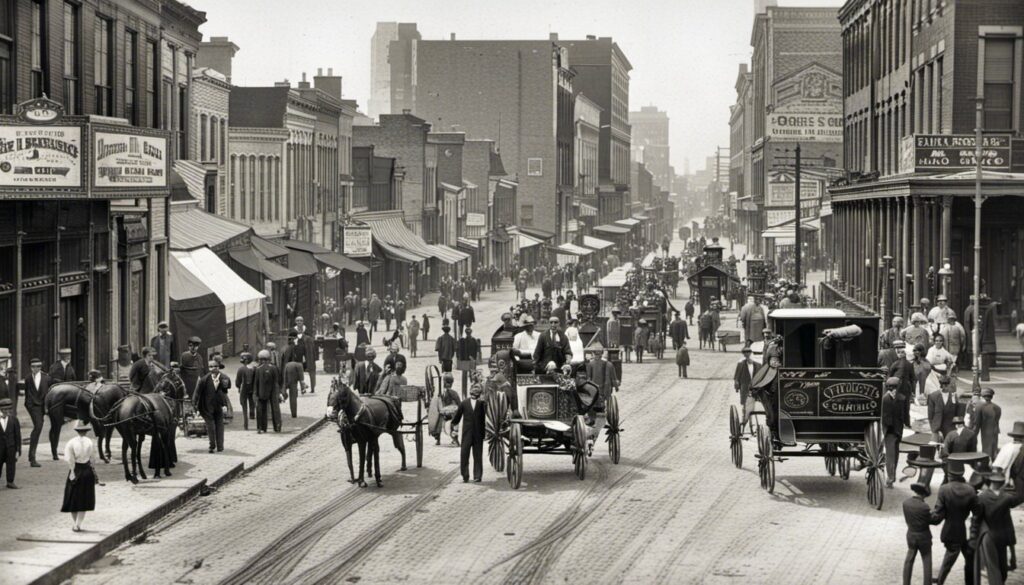
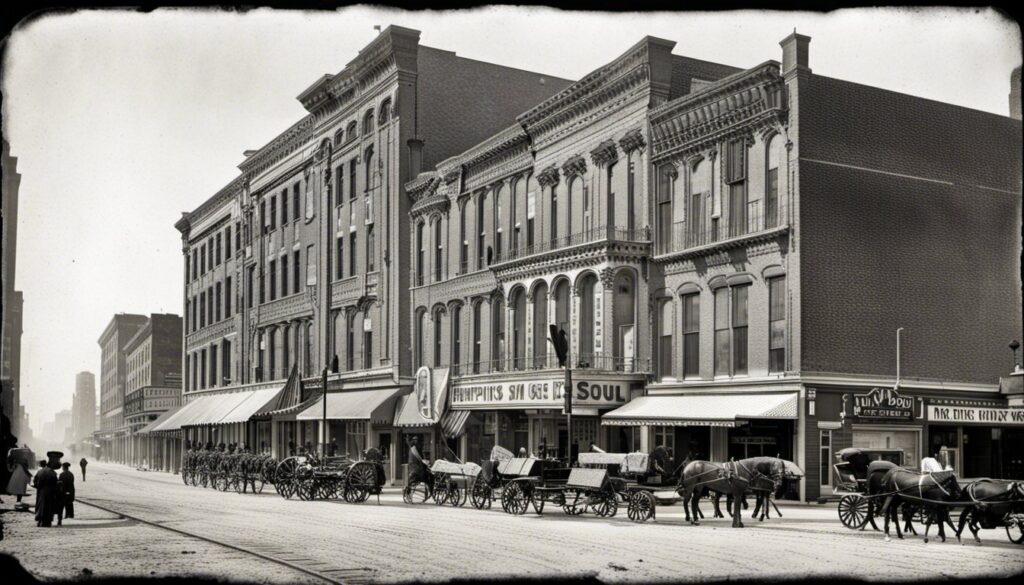
If you’re a music lover, you’ll be excited to know that Memphis is the birthplace of both rock and roll and soul music. Some of the most iconic musicians of all time, including Elvis Presley and Johnny Cash, recorded their music in Memphis. Here are some must-visit landmarks in Memphis that celebrate the city’s rich musical history.
Sun Studio
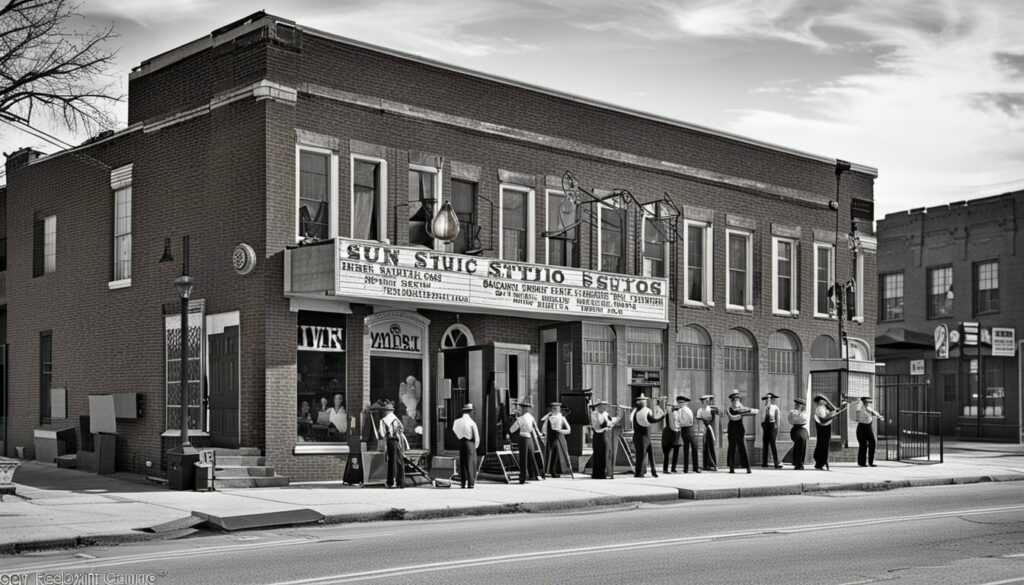
Sun Studio is often referred to as the “Birthplace of Rock and Roll.” This is where Elvis Presley, Johnny Cash, and other legendary musicians recorded some of their most famous songs. The studio is still in operation today and offers tours to visitors. You can see the microphone that Elvis used to record his first song, “That’s All Right,” and even stand in the same spot where he recorded it.
Stax Museum of American Soul Music
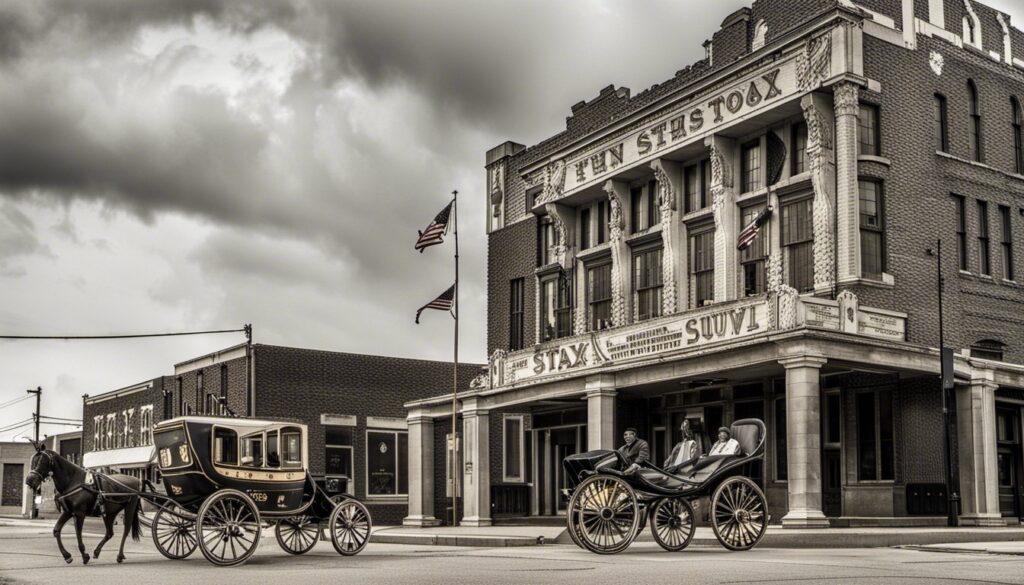
The Stax Museum of American Soul Music is a must-visit destination for any fan of soul music. This museum is dedicated to the history of Stax Records, which was responsible for some of the most iconic soul music of the 1960s and 1970s. You can see exhibits on legendary musicians like Otis Redding, Isaac Hayes, and the Staple Singers. The museum also has a replica of the original Stax recording studio, where you can see the instruments and equipment used to create some of the most famous soul music of all time.
Memphis Rock ‘n’ Soul Museum
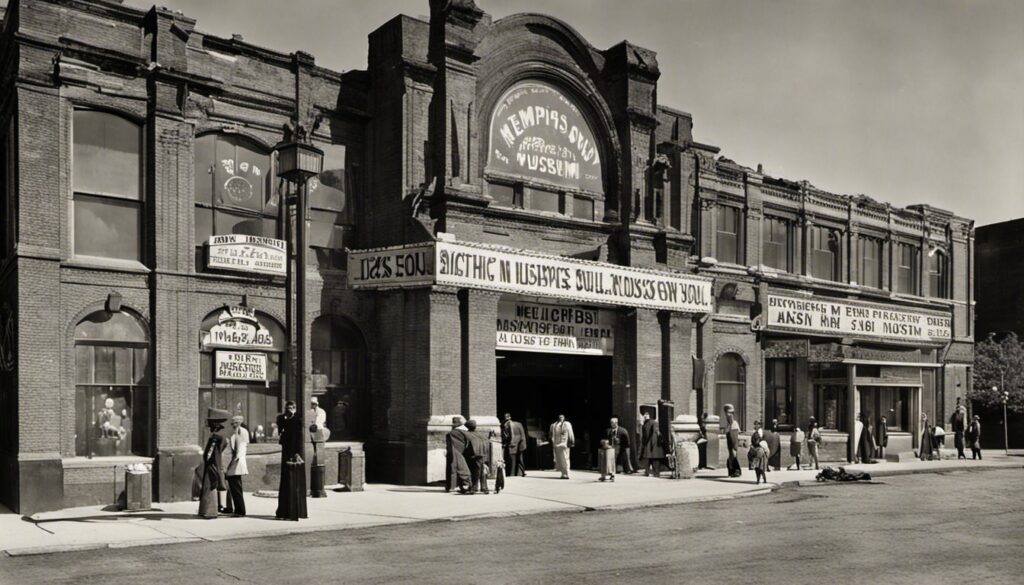
The Memphis Rock ‘n’ Soul Museum is another great destination for music lovers. This museum covers the history of rock and soul music in Memphis, from the earliest blues recordings to the rise of Stax Records and beyond. You can see exhibits on legendary musicians like B.B. King, Howlin’ Wolf, and Elvis Presley. The museum also has interactive exhibits where you can mix your own music and learn about the different instruments used in rock and soul music.
Overall, Memphis is a city that is steeped in musical history. Whether you’re a fan of rock, soul, or any other genre of music, you’ll find something to love in Memphis. From the iconic Sun Studio to the Stax Museum of American Soul Music and the Memphis Rock ‘n’ Soul Museum, there are plenty of landmarks to visit that celebrate the city’s rich musical heritage.
Historic Landmarks
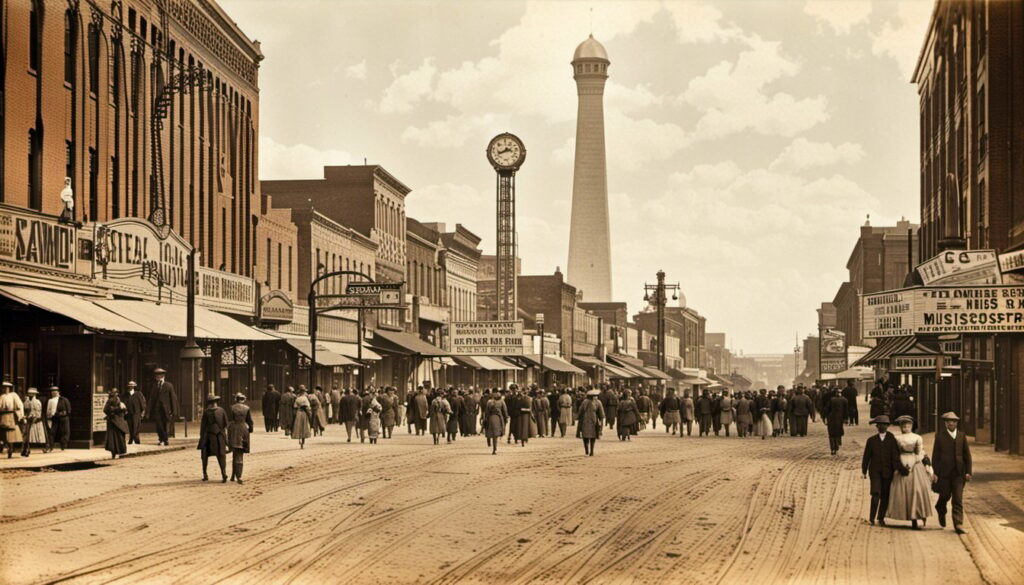
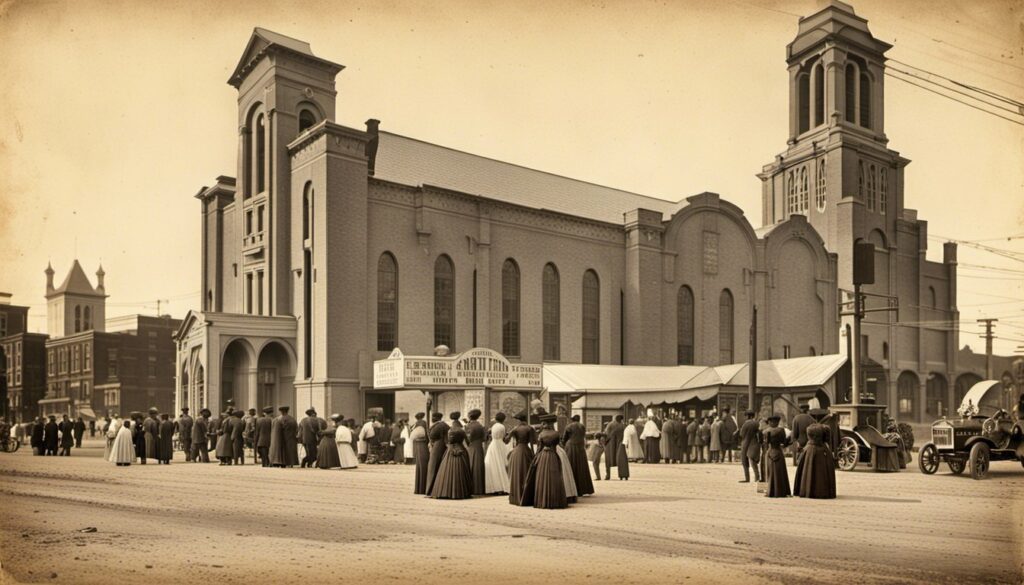
Memphis, Tennessee is known for its rich history and culture, and there are many historic landmarks that you simply can’t miss. Here are some of the most significant ones that you should definitely add to your itinerary:
Beale Street Historic District
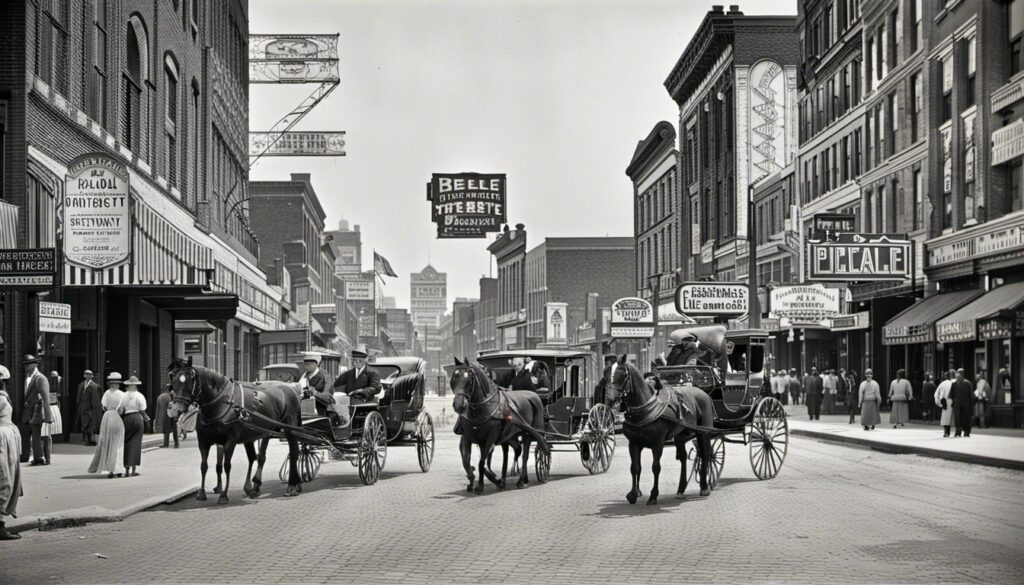
You cannot talk about Memphis landmarks without mentioning the Beale Street Historic District. This iconic street has been a hub of music, entertainment, and culture for over a century. It was the birthplace of the blues, and you can still hear live music pouring out of its many clubs and bars. Beale Street is also home to many historic buildings, including the Beale Street Baptist Church, which was founded in 1864 and is one of the oldest African American congregations in the city.
Victorian Village
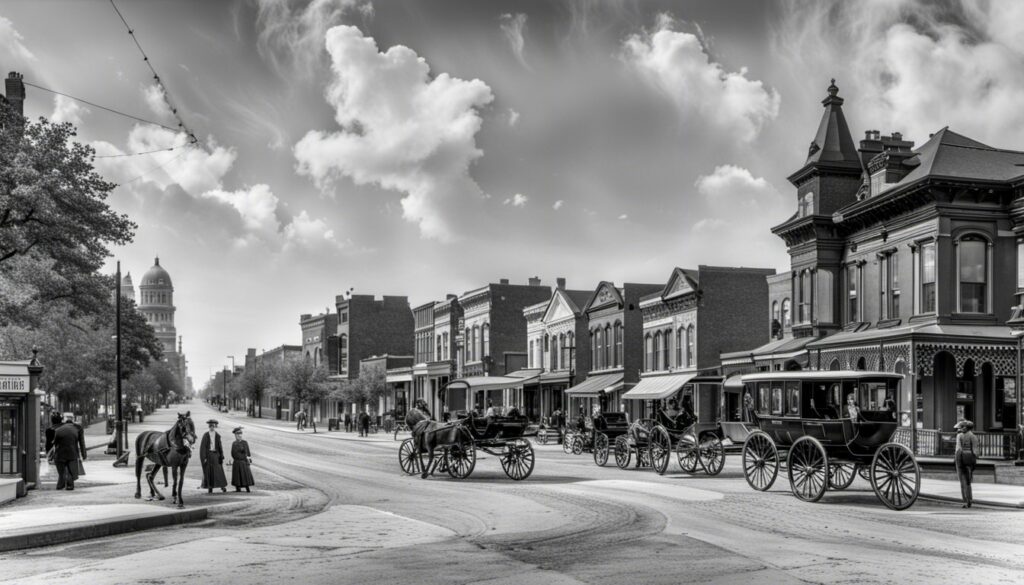
If you’re a fan of Victorian architecture, then you have to visit the Victorian Village. This neighborhood is home to many beautifully preserved Victorian homes, including the Woodruff-Fontaine House. This stunning mansion was built in 1870 and is now a museum that showcases what life was like for wealthy Memphians in the late 19th century.
National Civil Rights Museum
The National Civil Rights Museum is a must-visit for anyone interested in American history. This museum is located at the Lorraine Motel, where Dr. Martin Luther King Jr. was assassinated in 1968. The museum tells the story of the Civil Rights Movement, from slavery to the present day, and includes exhibits on Rosa Parks, the Montgomery Bus Boycott, and the Freedom Rides.
Slave Haven
Another important landmark that tells the story of African American history is the Slave Haven. This museum is located in a house that was once part of the Underground Railroad, and it tells the story of the brave men and women who risked their lives to help slaves escape to freedom.
Woodruff-Fontaine House
As mentioned earlier, the Woodruff-Fontaine House is a stunning example of Victorian architecture. This mansion was built in 1870 and is now a museum that showcases what life was like for wealthy Memphians in the late 19th century. The house is filled with original furniture, artwork, and other artifacts that give visitors a glimpse into the past.
Elmwood Cemetery

Finally, if you’re interested in Memphis history, then you have to visit the Elmwood Cemetery. This cemetery is the final resting place of many famous Memphians, including politicians, writers, and musicians. It’s also a beautiful park-like space that’s perfect for a peaceful stroll.
All of these landmarks are listed on the National Register of Historic Places, and they offer a fascinating glimpse into the history and culture of Memphis, Tennessee. So, don’t miss the chance to visit them during your trip to this exciting city!
Museums and Artifacts
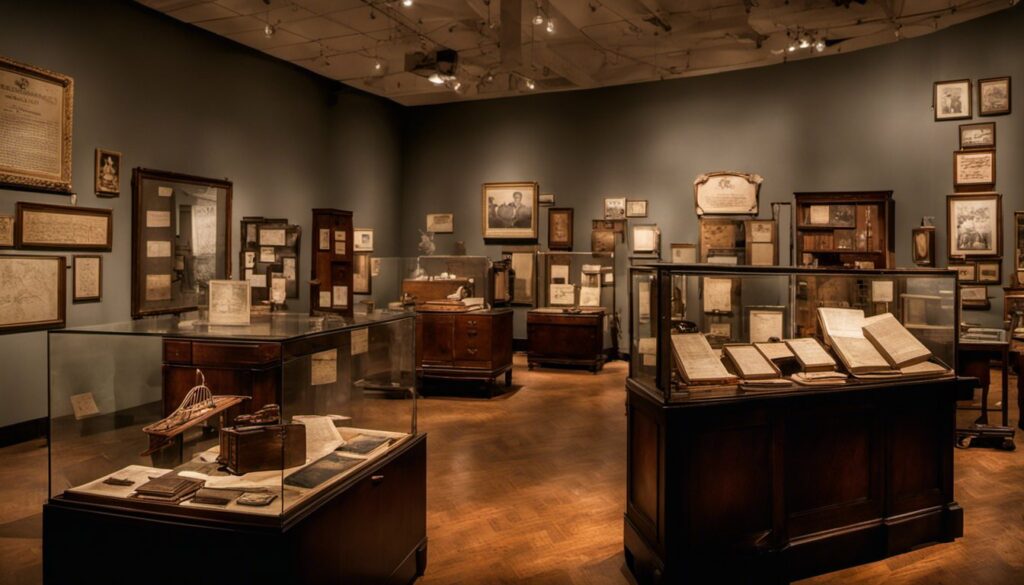
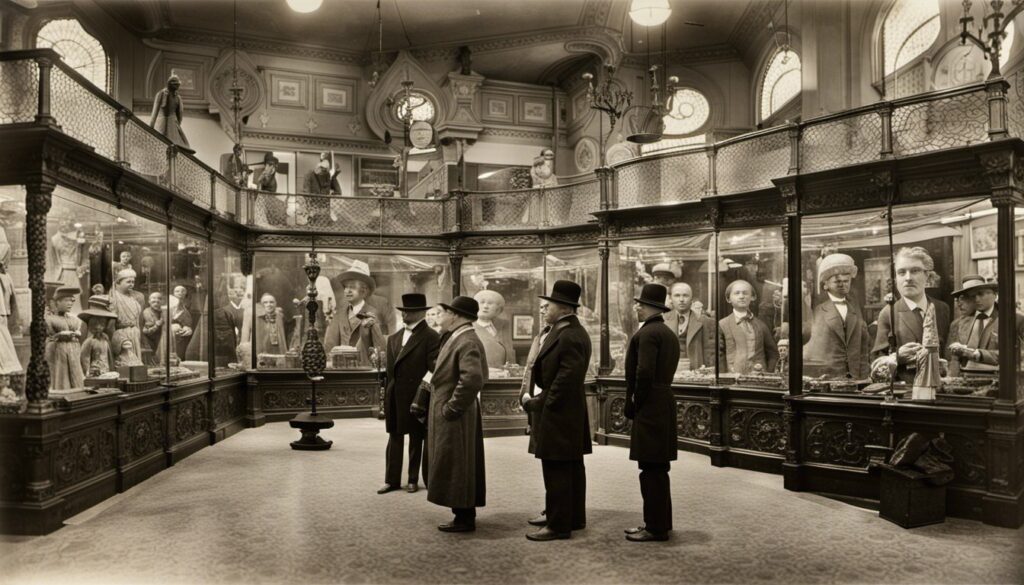
If you’re a history buff, Memphis is the perfect city for you. The city is rich in history and culture, and there are plenty of museums and artifacts to explore. Here are a few must-visit museums and artifacts that you should add to your list:
Cotton Museum
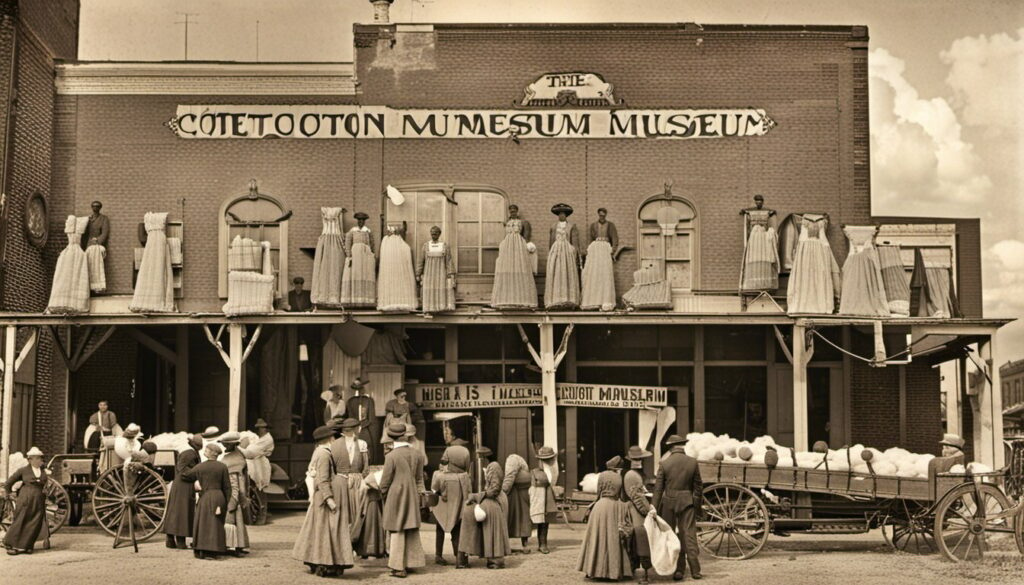
The Cotton Museum at The Memphis Cotton Exchange is a fascinating museum that tells the story of the cotton industry in Memphis. The museum is housed in a historic building that was once the center of the cotton trade in the city. Inside, you’ll find exhibits that showcase the history of cotton, from its cultivation to its use in textiles. You’ll also learn about the role that cotton played in the economy of the South and the impact that it had on the lives of those who worked in the industry.
Pink Palace

The Pink Palace Museum is one of the most popular museums in Memphis. The museum is housed in a beautiful pink mansion that was once the home of a wealthy businessman. Inside, you’ll find exhibits that cover a wide range of topics, from the history of Memphis to the natural world. One of the most popular exhibits is the replica of the first Piggly Wiggly store, which was founded in Memphis in 1916.
Memphis Zoo
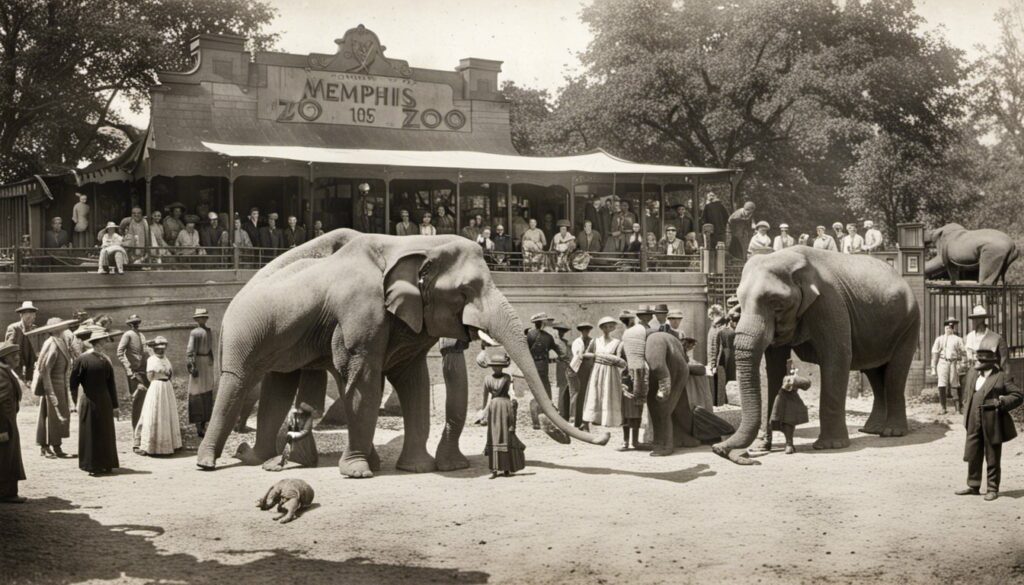
The Memphis Zoo is a must-visit attraction for animal lovers. The zoo is home to over 3,500 animals from around the world, including pandas, lions, and elephants. One of the most popular exhibits is the Teton Trek exhibit, which recreates the habitats of animals from the Rocky Mountains. The zoo also has a variety of educational programs and events, making it a great destination for families.
Whether you’re interested in history, science, or animals, Memphis has something for everyone. Be sure to add these museums and artifacts to your list of must-visit attractions.
The Legacy of Elvis Presley
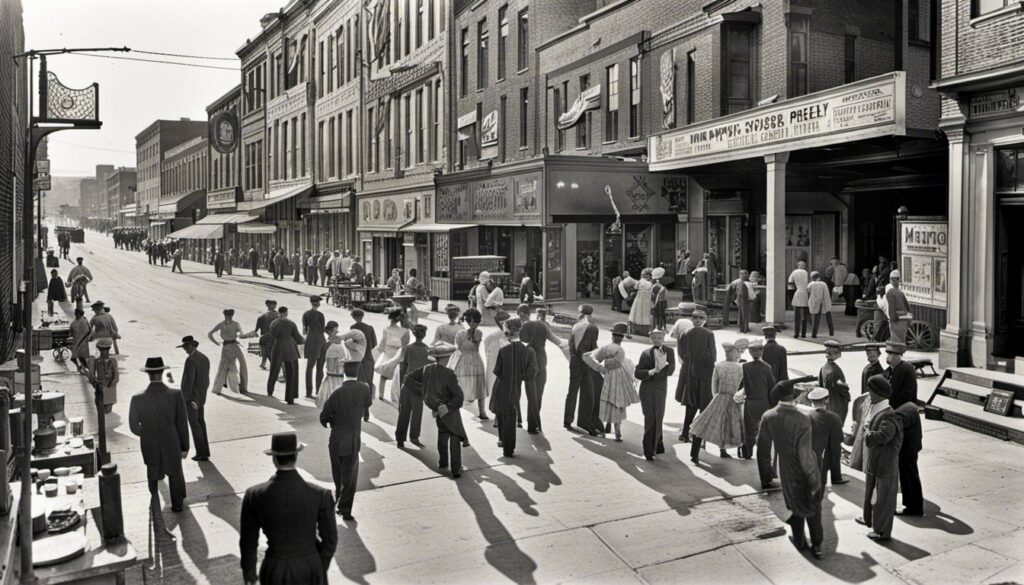
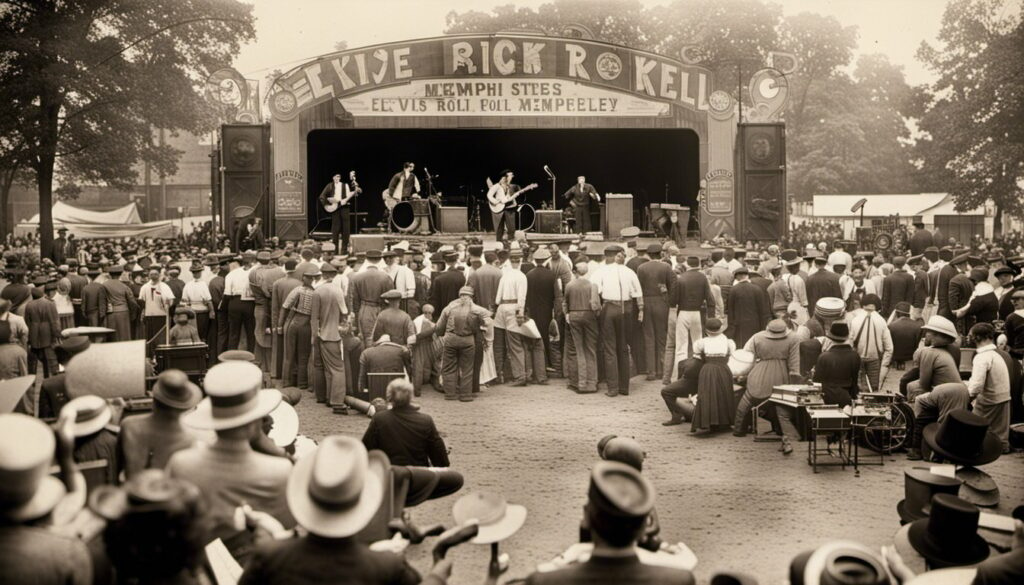
Elvis Presley, the King of Rock and Roll, is one of the most iconic figures in American music history. His legacy lives on in Memphis, Tennessee, where he lived for most of his life. If you’re a fan of Elvis, there’s no better place to visit than Graceland, his former home turned museum.
Graceland
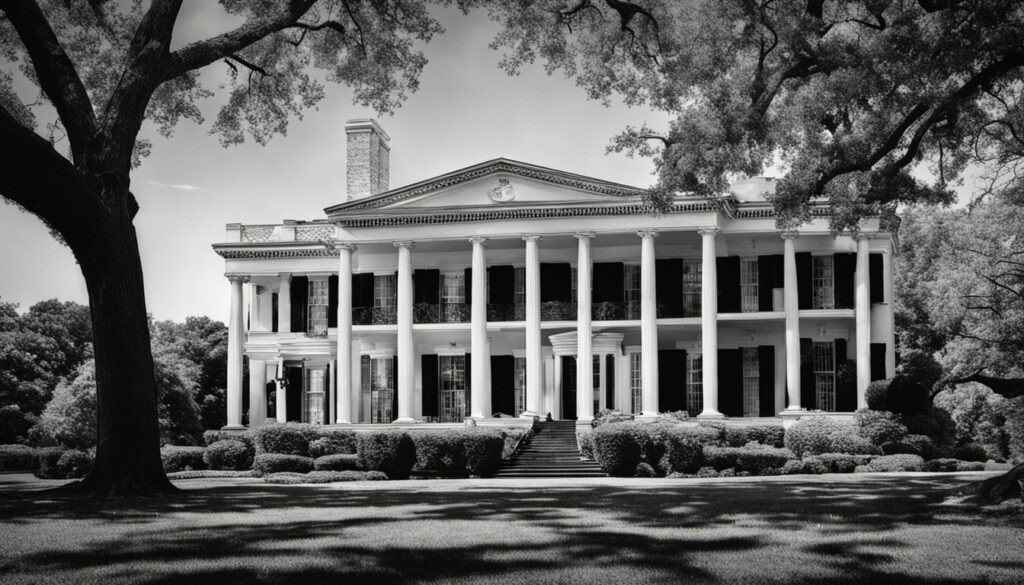
Graceland is a must-see for any Elvis fan. This 13.8-acre estate was Elvis’s home from 1957 until his death in 1977. Today, it’s a museum that attracts hundreds of thousands of visitors each year.
When you visit Graceland, you’ll get to see how Elvis lived his life. You’ll tour the mansion, which is decorated just as it was when Elvis lived there. You’ll see the famous Jungle Room, where Elvis recorded some of his music, and the Trophy Building, which houses his collection of gold records and other awards.
But Graceland isn’t just about the mansion. You’ll also get to see Elvis’s cars, including his famous pink Cadillac, and his private airplanes. There’s even a museum dedicated to Elvis’s life and career, where you can see some of his most iconic costumes and other memorabilia.
In short, Graceland is a must-visit for any Elvis fan. It’s a chance to step back in time and see how the King of Rock and Roll lived his life. So if you’re planning a trip to Memphis, don’t miss the opportunity to visit Graceland.
Music and Nightlife
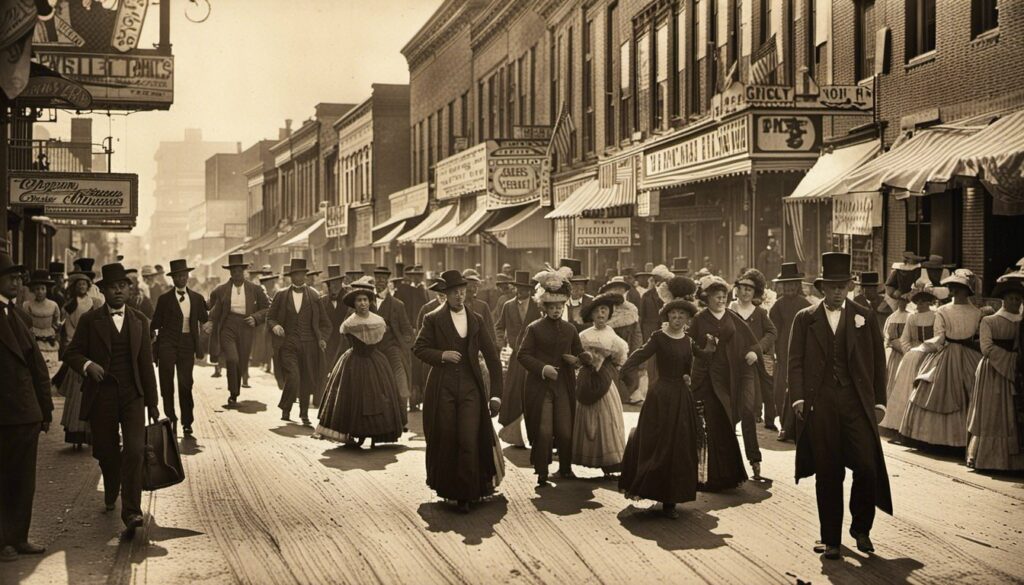
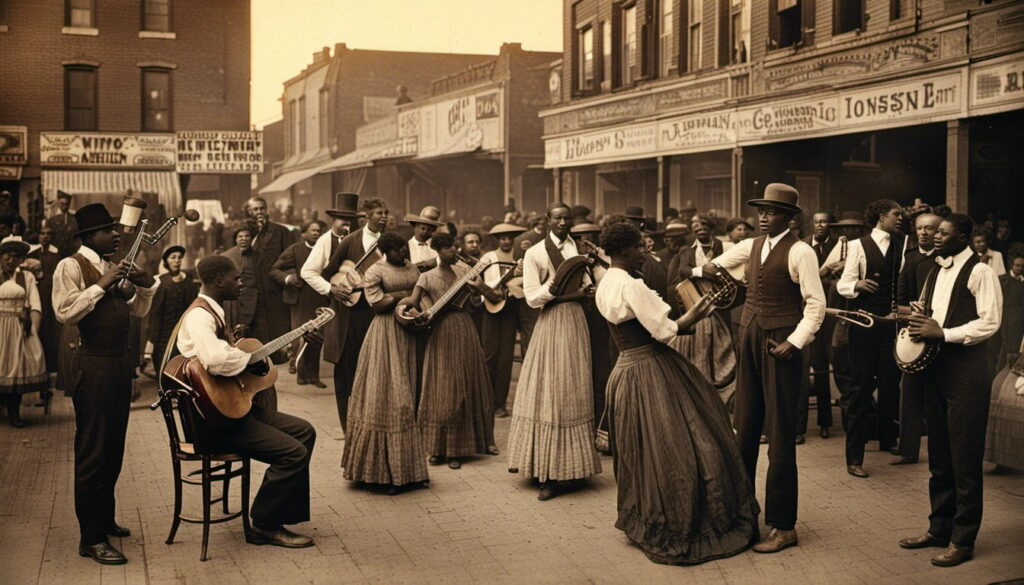
If you’re looking for a city with a rich history of music, Memphis is the place to be. From blues to country, this city has it all. The nightlife scene is also thriving, so you won’t run out of things to do once the sun goes down.
Beale Street
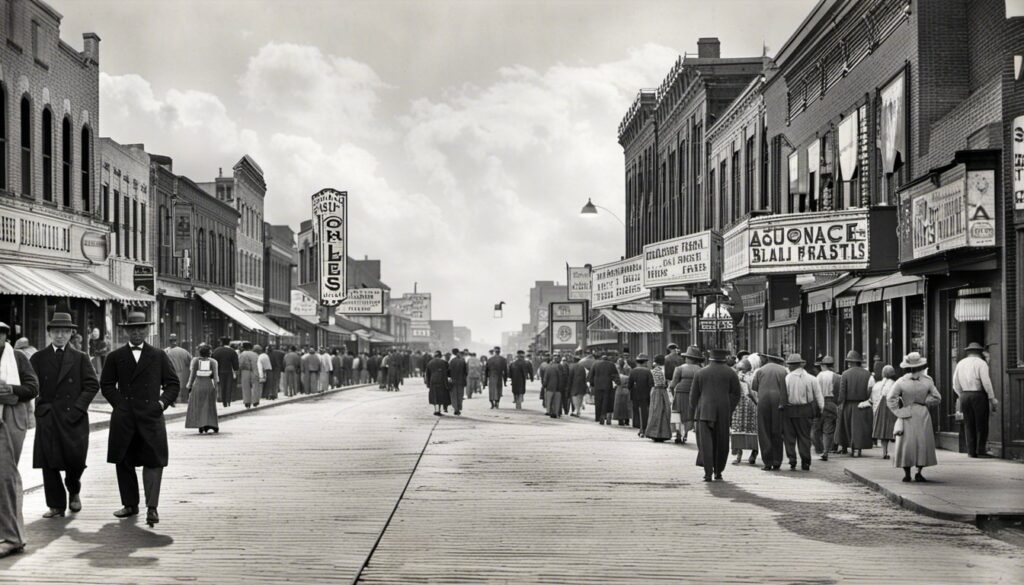
One of the most iconic streets in the country, Beale Street is the beating heart of downtown Memphis. It played a vital role in music history as artists like BB King, Louis Armstrong, and Muddy Waters performed in its clubs and bars. Today, Beale Street is still a hub for live music, with numerous venues offering nightly performances.
If you’re looking for a night out, Beale Street is the place to be. With its neon lights and lively atmosphere, you’ll feel like you’re part of the action. Be sure to check out the Beale Street Music Festival, which takes place every May and features a lineup of local and national acts.
Whether you’re a fan of blues, country, or rock and roll, Memphis has something for everyone. Don’t miss out on the opportunity to experience the city’s rich musical heritage.
Historical Context

Memphis, Tennessee has a rich and complex history that spans centuries. From the city’s early days as a trading post on the Mississippi River, to its role in the Civil War and the Civil Rights Movement, Memphis has been shaped by a variety of historical events and social movements.
One of the most significant aspects of Memphis’s history is its connection to slavery. The city was a major center for the slave trade in the 19th century, and many of its most prominent landmarks and historical sites are connected to this dark period in American history. For example, the Slave Haven Underground Railroad Museum provides a glimpse into the lives of those who escaped slavery and the people who helped them along the way.
The Mississippi River has also played a significant role in shaping Memphis’s history. The city’s location on the river made it a vital hub for transportation and commerce, and many of its most famous landmarks, such as Beale Street and the Memphis Pyramid, are located along the riverfront.
Memphis was also a key site during the Civil Rights Movement, and many of the city’s landmarks and historical sites are connected to this pivotal period in American history. The National Civil Rights Museum, located at the Lorraine Motel where Dr. Martin Luther King Jr. was assassinated, provides a powerful and moving look at the struggle for civil rights in America.
In addition to its connection to the Civil Rights Movement, Memphis played a significant role in the Civil War. The city was occupied by Union troops for much of the war, and many of its most famous landmarks, such as the Fort Pickering Civil War Park, are connected to this period in American history.
Overall, Memphis’s history is a complex and fascinating tapestry of social movements, cultural influences, and historical events. Whether you’re interested in exploring the city’s connection to the Underground Railroad, learning more about the Civil War, or experiencing the vibrant culture of the Mississippi River, there’s something for everyone in Memphis’s rich and diverse history.
Memphis’ Natural Beauty
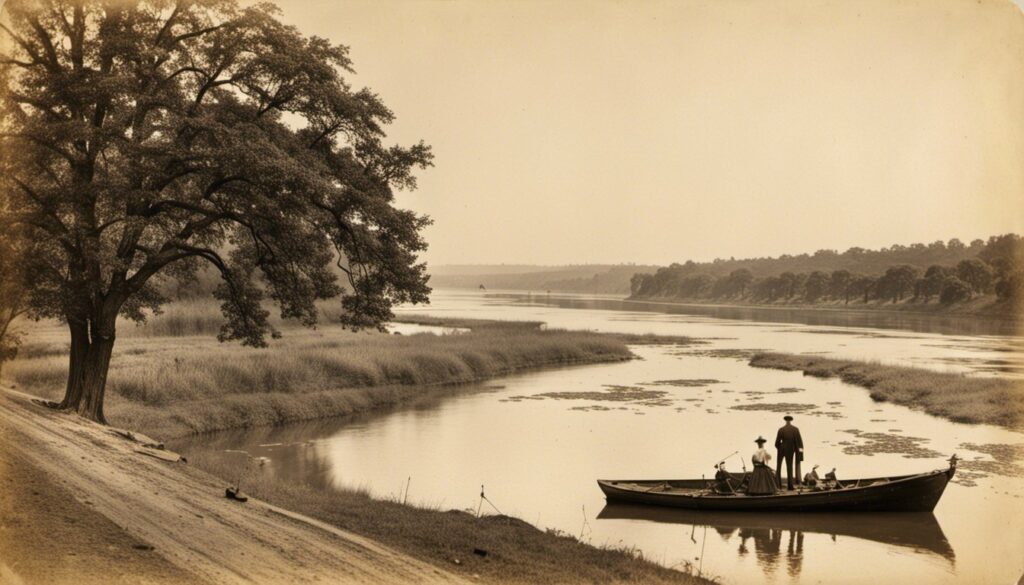
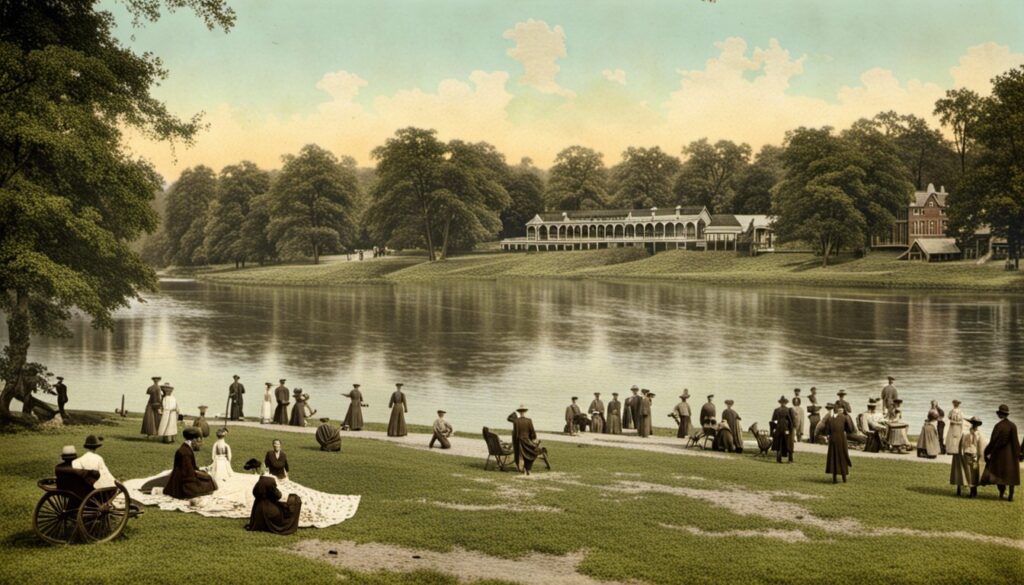
If you’re looking for a break from the city’s hustle and bustle, Memphis has plenty of natural beauty to offer. From the mighty Mississippi River to the stunning Shelby Farms Park, there’s something for everyone.
Mud Island River Park
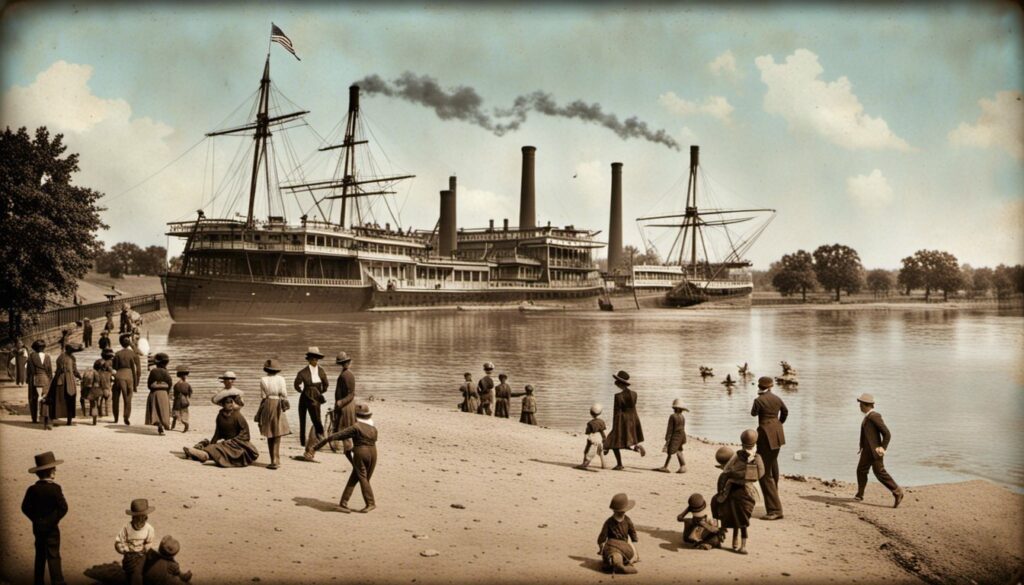
One of the most unique attractions in Memphis is Mud Island River Park. This park is situated on an island in the Mississippi River and is accessible by a pedestrian bridge. The park features a scale model of the lower Mississippi River, complete with 1,000 miles of navigable waterways, as well as a museum dedicated to the history of the river. You can take a monorail ride to explore the park or rent a kayak to paddle along the river.
Shelby Farms Park

Shelby Farms Park is one of the largest urban parks in the country, with over 4,500 acres of green space. The park features miles of hiking and biking trails, a lake for fishing and boating, and even a herd of buffalo. You can also rent paddle boats or kayaks to explore the park’s many waterways. In the summer, the park hosts concerts and other events, making it a great place to spend a day with family and friends.
Whether you’re looking for a peaceful hike in the woods or an exciting adventure on the river, Memphis’ natural beauty has something for everyone. So grab your hiking boots or your kayak and get ready to explore all that this city has to offer.
Memphis’ Economy and Innovation
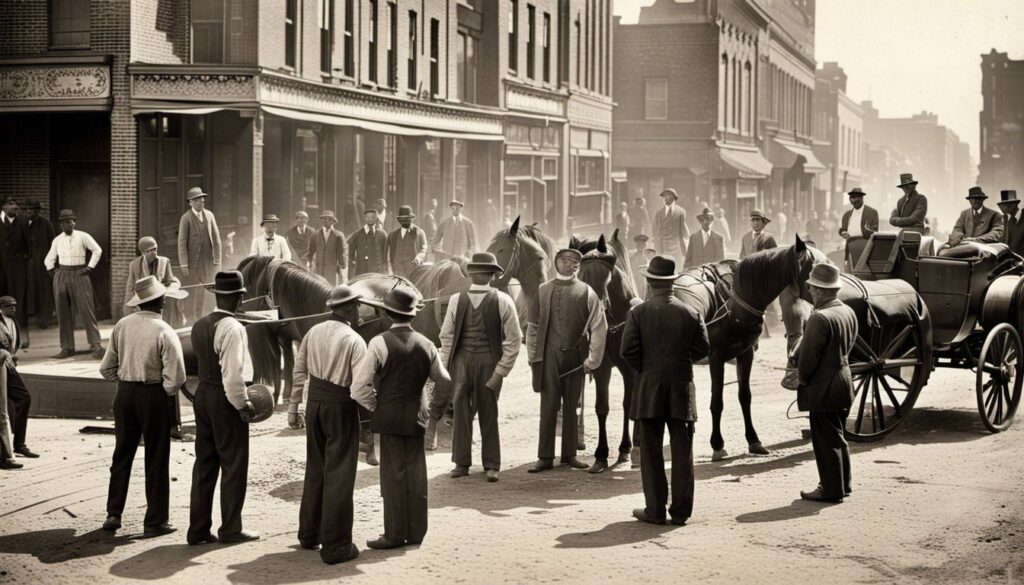
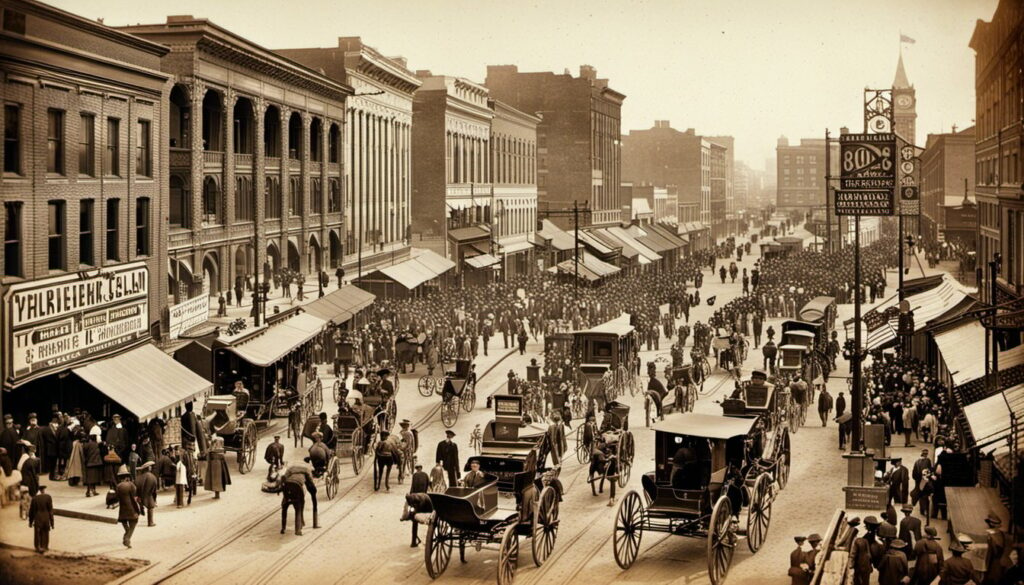
Memphis has a rich history of innovation and entrepreneurship that has contributed to its thriving economy. Here are a few examples of the city’s most notable economic and innovative landmarks.
Memphis Cotton Exchange
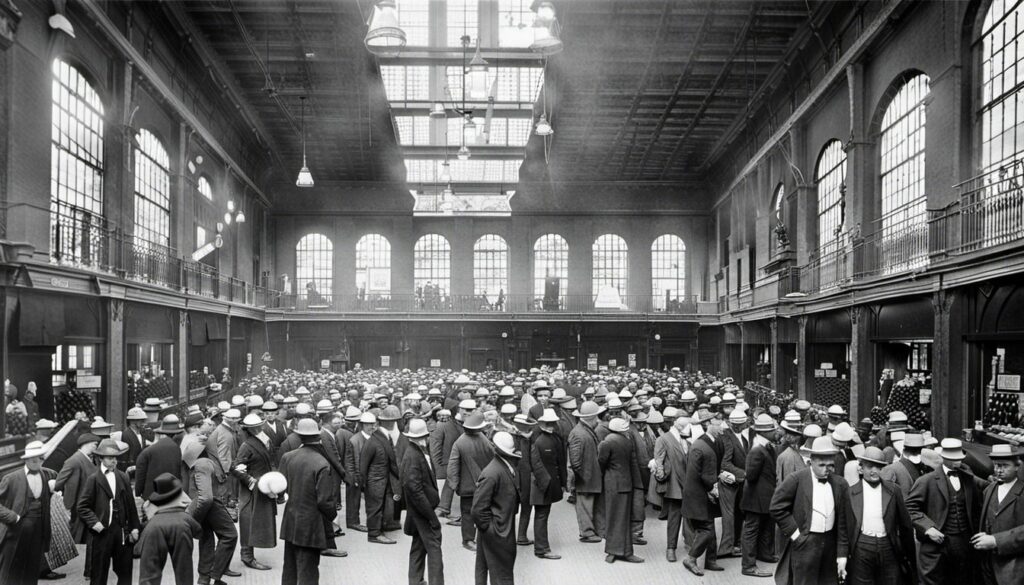
The Memphis Cotton Exchange was founded in 1874 and quickly became the epicenter of the global cotton trade. At its peak, the exchange was responsible for trading over 90% of the world’s cotton supply. The exchange played a crucial role in the development of Memphis as a major economic center and helped to establish the city as a hub for international trade.
Piggly Wiggly
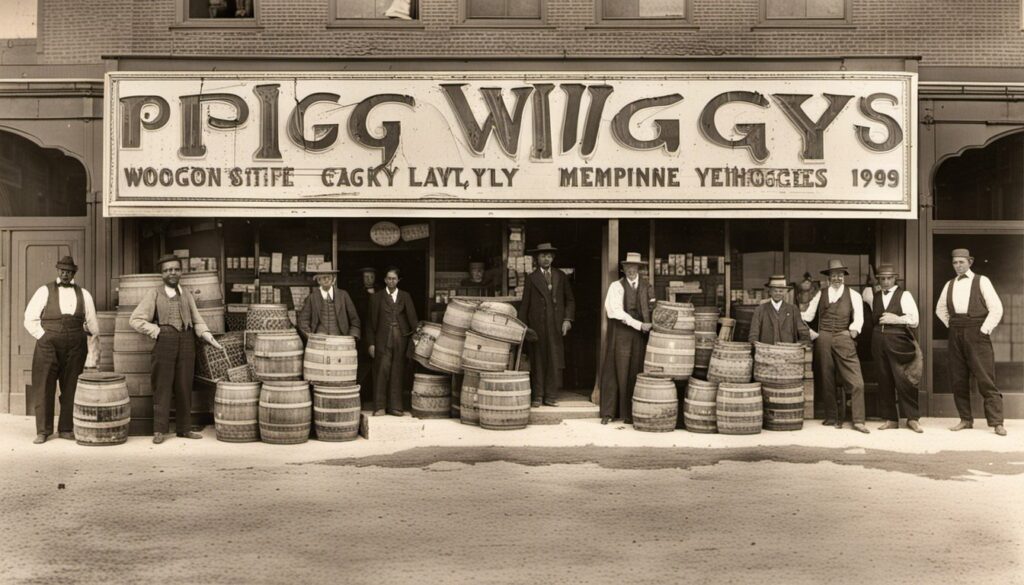
Piggly Wiggly is a supermarket chain that was founded in Memphis in 1916 by Clarence Saunders. It was the first self-service grocery store in the world and revolutionized the way that people shopped for food. Before Piggly Wiggly, customers would give their shopping list to a clerk who would then gather the items for them. Saunders’ innovation allowed customers to browse the store and select their own items, which made shopping faster, more convenient, and more affordable.
Today, Piggly Wiggly is still a beloved brand in the South, and the company’s innovative approach to retail has influenced countless other businesses around the world.
A. Schwab
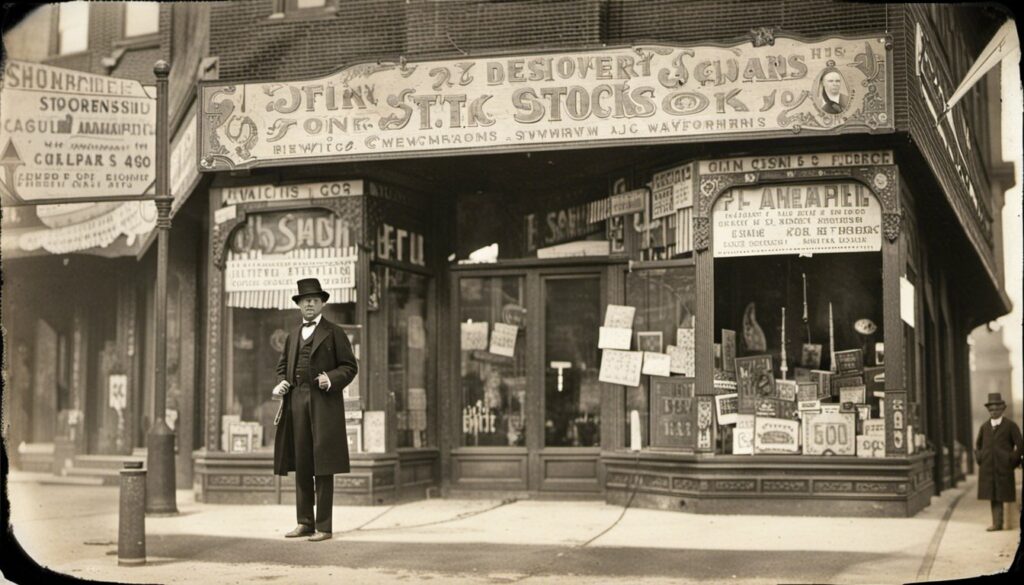
A. Schwab is a historic department store that was founded in Memphis in 1876. The store has been in continuous operation for over 140 years and has become a beloved landmark in the city.
A. Schwab is known for its eclectic mix of merchandise, which includes everything from vintage clothing and housewares to quirky souvenirs and local crafts. The store’s unique atmosphere and commitment to preserving Memphis’ history and culture have made it a popular destination for tourists and locals alike.
Overall, Memphis’ economy and innovation have played a crucial role in shaping the city’s identity and contributing to its ongoing success. Whether you’re exploring the historic Cotton Exchange, shopping at Piggly Wiggly, or browsing the aisles at A. Schwab, you’re sure to be inspired by the city’s rich history and entrepreneurial spirit.
Frequently Asked Questions
What are the top historical sites to visit in Memphis?
Memphis is a city steeped in history, and there are many fascinating historical sites to explore. Some of the top historical sites to visit in Memphis include the National Civil Rights Museum, Graceland, Sun Studio, and the Pink Palace Museum. Each of these sites offers a unique glimpse into Memphis’ rich history and cultural heritage.
What is the significance of the Memphis Pyramid?
The Memphis Pyramid is a massive, pyramid-shaped structure located on the banks of the Mississippi River. Originally built as a sports and entertainment venue, the Pyramid has since been repurposed as a Bass Pro Shops retail store and an outdoor wilderness-themed hotel. The Pyramid is a significant landmark in Memphis, and its unique shape and size make it a popular tourist attraction.
What can I expect to see at the National Civil Rights Museum?
The National Civil Rights Museum is one of the most important historical sites in Memphis. It is located at the Lorraine Motel, the site where Dr. Martin Luther King Jr. was assassinated in 1968. The museum features exhibits that explore the history of the civil rights movement, including interactive displays and multimedia exhibits. Visitors can expect to see artifacts, photographs, and other historical items that bring the story of the civil rights movement to life.
What are some must-see landmarks in Memphis?
In addition to historical sites, Memphis is home to many must-see landmarks. These include the Memphis Pyramid, Beale Street, the Mississippi River, and the Peabody Hotel. Each of these landmarks offers a unique glimpse into the culture and history of Memphis, and they are all worth visiting if you have the chance.
What is the history behind Beale Street?
Beale Street is one of the most famous streets in Memphis, and it has a rich history. Originally a bustling commercial district, Beale Street was also home to many African American-owned businesses and became a hub for blues music in the early 20th century. Today, Beale Street is a popular tourist destination and a vibrant cultural center in Memphis.
What are some interesting facts about Memphis’ history?
Memphis has a long and fascinating history, and there are many interesting facts to discover. For example, Memphis was once a major hub for the cotton trade and played a significant role in the Civil War. The city is also known for its contributions to music, with many famous musicians hailing from Memphis or starting their careers there.

